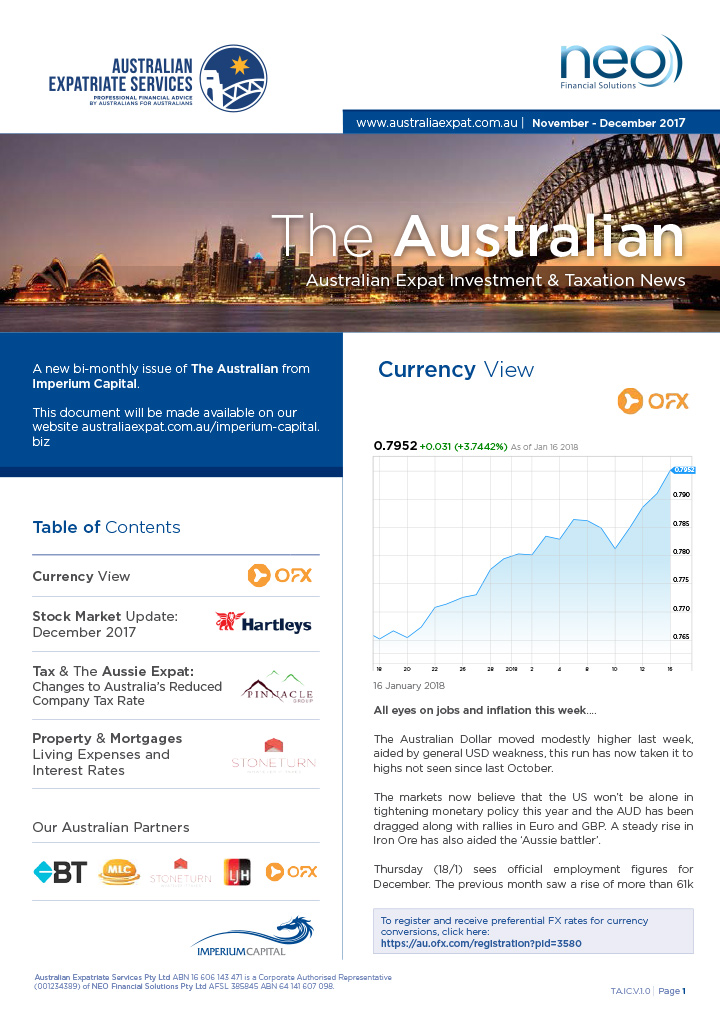Currency View by OFX


Last week’s news
- The approved U.S. stimulus package remained the crux of the rebound last week with U.S. equities weathering a late-Friday plunge to post their best weekly performance in a decade. The S&P 500 climbed 10% for the week and the Dow Jones had its best week since 1938. Treasuries also gained, gold erased recent gains, and the US Dollar posted its biggest weekly decline since 2009. Given the massive policy response triggering it makes sense to have a market relief, but since the global economy continues to remain in an induced coma, it could be a typical bear market rally.
- The US Senate approved a stimulus legislation worth $2tn to prop up the American Economy during the coronavirus pandemic as the economy officially becomes the nation with the most virus cases on record. The plan includes jobless benefits, direct money transfers to millions of Americans through cheques worth up to $1,200 per adult earning less than $75k a year. It also provides $500bn in funds to help stricken sectors of the economy as well as more than $350bn in loans to small businesses and $150bn in aid to hospitals.
- The OECD has estimated that for each month of containment to slow the spread of coronavirus, there will be a loss of 2% in annual GDP growth for major economies. The lockdown will directly affect sectors amounting to up to one third of GDP in the G20 economies. The tourism sector alone is facing an output decrease as high as 70% according to new estimates. Many economies will unavoidably fall into recession as production in affected countries halts, hitting supply chains across the world, and causing steep drops in consumption and consumer confidence.
- The South African Rand continues its year of pain, with USDZAR opening the week more than 1% higher after credit rating agency Moody’s not only downgraded South Africa to Junk credit rating, but also maintained its negative outlook after the downgrade. Moody’s also announced that it will likely be downgraded again further if weak growth was to continue, failure to reduce its primary deficit, and rising financing costs will likely cause the debt burden to rise even higher than levels currently projected.
Looking ahead
- The Euro has not been this volatile in nearly five years and option traders are betting that there is more to come. The demand for trades that benefit from wide volatile swings in the Euro hit a record high, with the cost to enter a butterfly strategy on the one-year tenor surpassing peaks of the sovereign debt crisis and sub-prime mortgage crisis on the concern the coronavirus pandemic will roil markets for months to come.
- Data published last week from the Chinese government showed that FX purchased by Chinese households and business for service purposes fell to its lowest level in seven years. It is expected that this was largely attributed due to a reduction in outbound tourism due to the coronavirus outbreak, with tourism account deficit last year equalling 84% of the country’s total for services, according to Bloomberg. With fewer Chinese nationals traveling overseas this is seen as one of the many factors supporting the yuan during the pandemic.
Key market events this week
- EUR German Consumer Price Index YoY (Mar) – Monday
- CNY Manufacturing PMI (Mar) – Tuesday
- EUR German Unemployment Claims Rate & Change (Mar) – Tuesday
- Eurozone Consumer Price Index Core YoY (Mar) – Tuesday
- CAD Gross Domestic Product YoY (Jan) – Tuesday
- USD Consumer Confidence Index (Mar) – Tuesday
- USD ISM Employment and Manufacturing (Mar) – Wednesday
- USD Change in Non-Farm Payrolls (Mar) – Friday
- USD ISM Non-Manufacturing/ Services Composite (Mar) – Friday
Disclaimer
Note that specialist Accounting, Property, Mortgage and Foreign exchange services offered by our partners, Stoneturn, OFX, Hartley’s and LJ Hooker are via referral arrangement only. Australian Expatriate Services are not responsible for any advice/services provided by these Firms.


